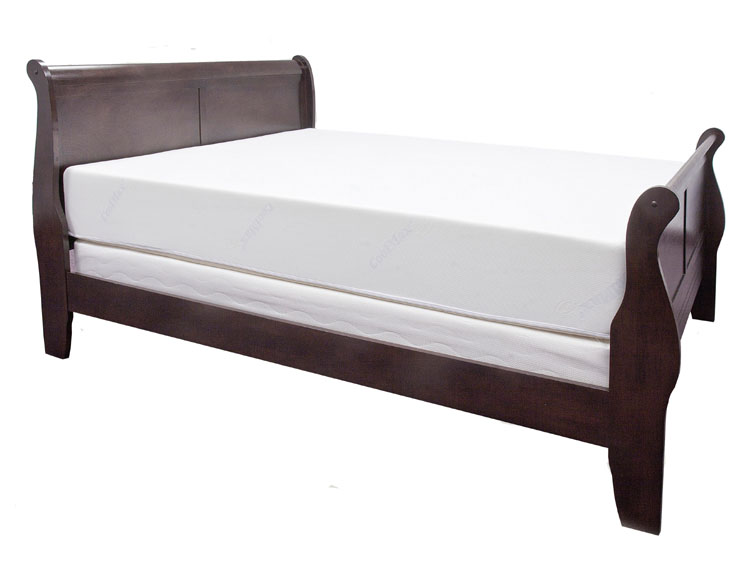Answer: We found this information regarding sleep apnea at the American Sleep Apnea Association’s web site: www.sleepapnea.org:
The Greek word “apnea” literally means “without breath.” There are three types of apnea: obstructive, central, and mixed; of the three, obstructive is the most common. Despite the difference in the root cause of each type, in all three, people with untreated sleep apnea stop breathing repeatedly during their sleep, sometimes hundreds of times during the night and often for a minute or longer.Obstructive sleep apnea (OSA) is caused by a blockage of the airway, usually when the soft tissue in the rear of the throat collapses and closes during sleep. In central sleep apnea, the airway is not blocked but the brain fails to signal the muscles to breathe. Mixed apnea, as the name implies, is a combination of the two. With each apnea event, the brain briefly arouses people with sleep apnea in order for them to resume breathing, but consequently sleep is extremely fragmented and of poor quality.
Sleep apnea is very common, as common as adult diabetes, and affects more than twelve million Americans, according to the National Institutes of Health. Risk factors include being male, overweight, and over the age of forty, but sleep apnea can strike anyone at any age, even children. Yet still because of the lack of awareness by the public and healthcare professionals, the vast majority remain undiagnosed and therefore untreated, despite the fact that this serious disorder can have significant consequences.
Untreated, sleep apnea can cause high blood pressure and other cardiovascular disease, memory problems, weight gain, impotency, and headaches. Moreover, untreated sleep apnea may be responsible for job impairment and motor vehicle crashes. Fortunately, sleep apnea can be diagnosed and treated. Several treatment options exist, and research into additional options continues.
Go to this link: http://www.sleepapnea.org/resources/pubs/treatment.html, for treatment options for adults with obstructive sleep apnea, to discuss with your physician.
For more information on our mattress, see our Memory Foam Mattress Page.

